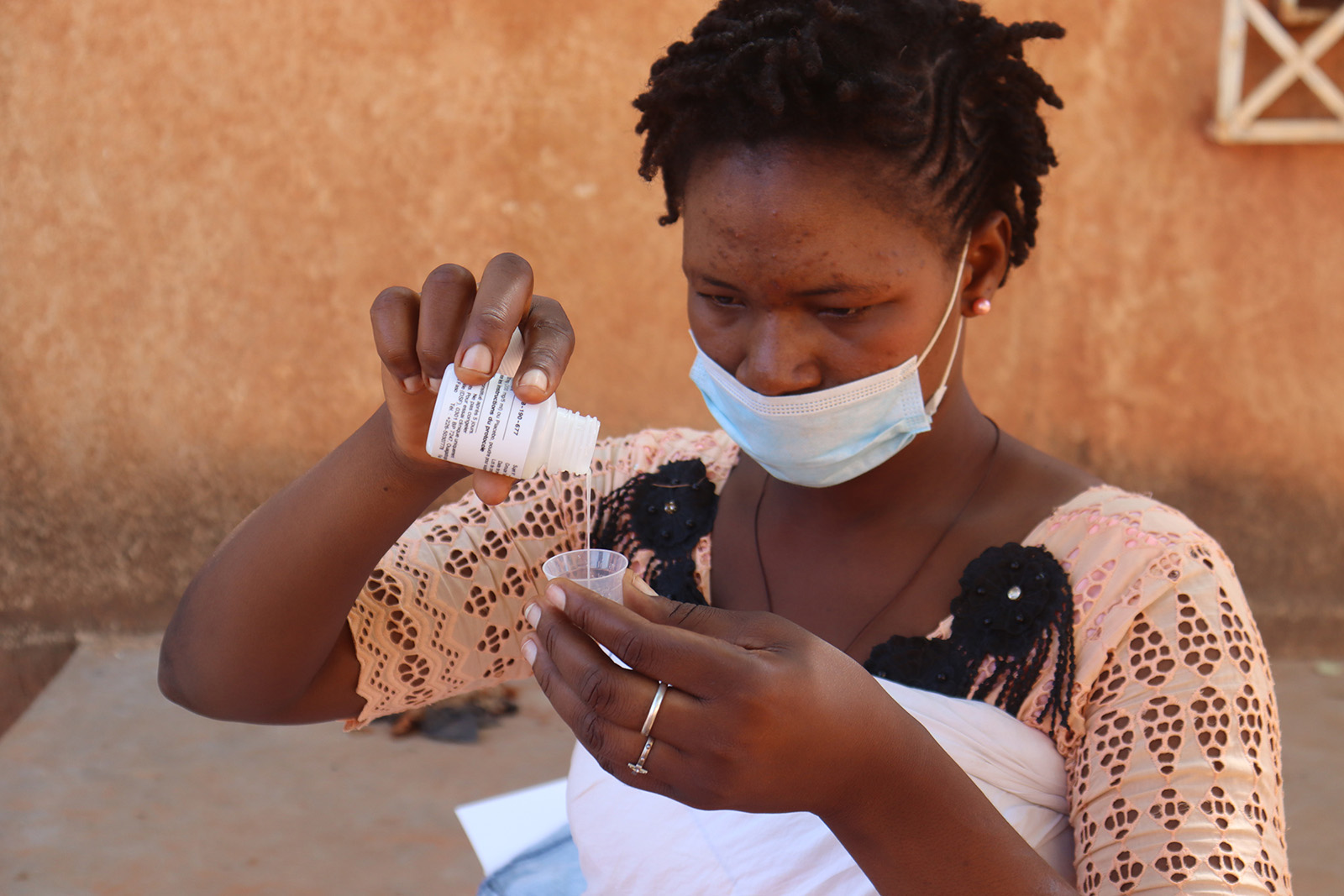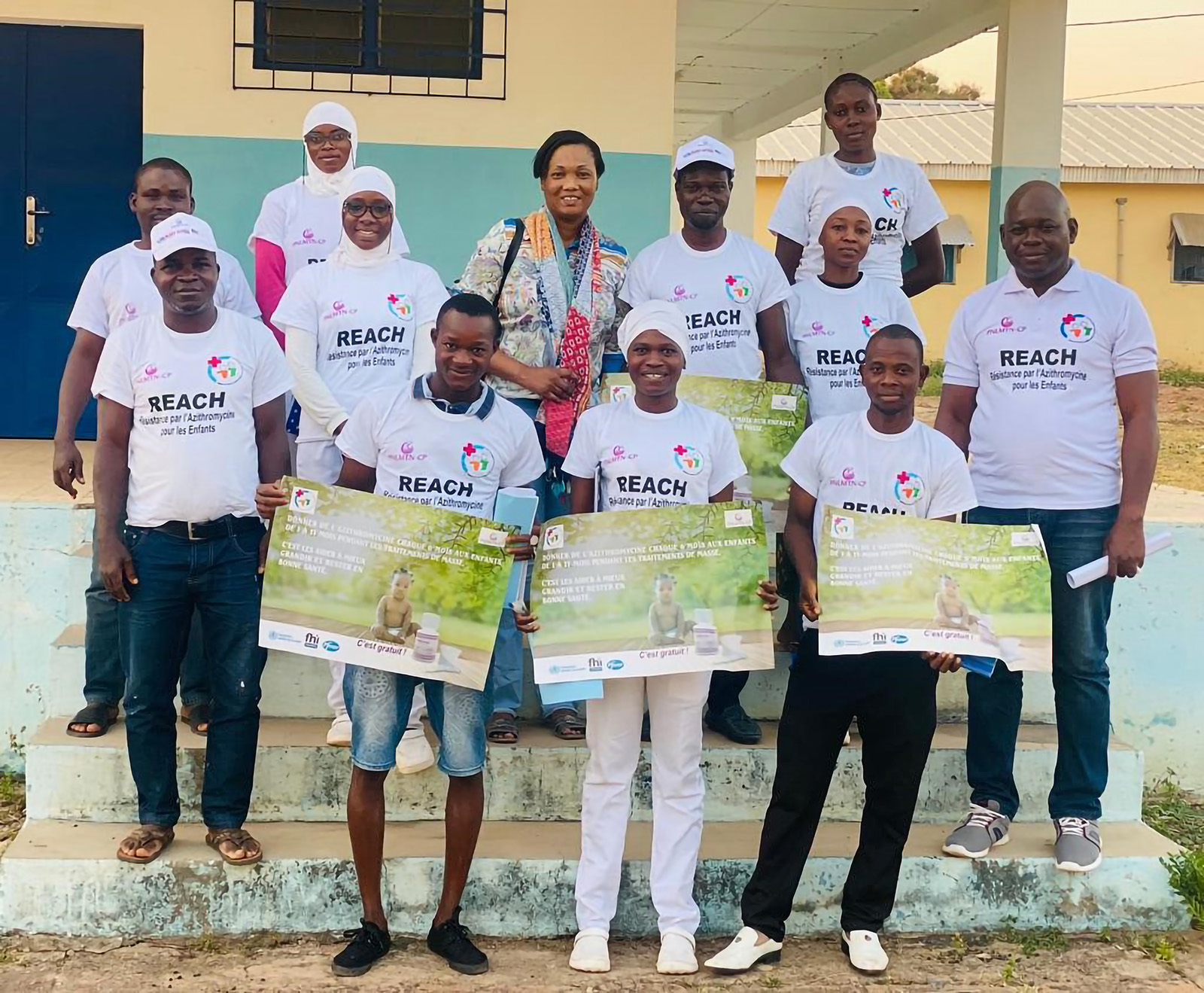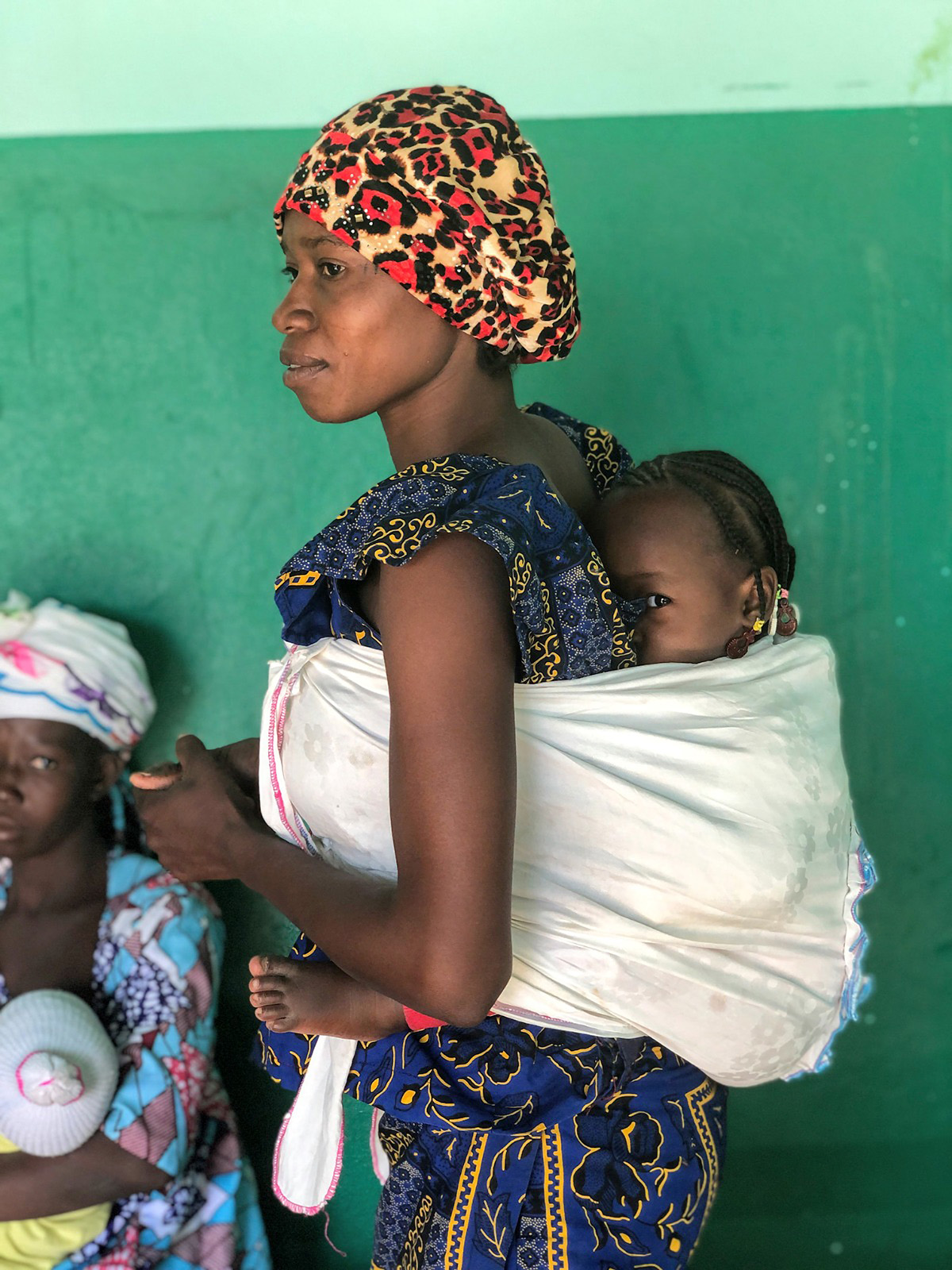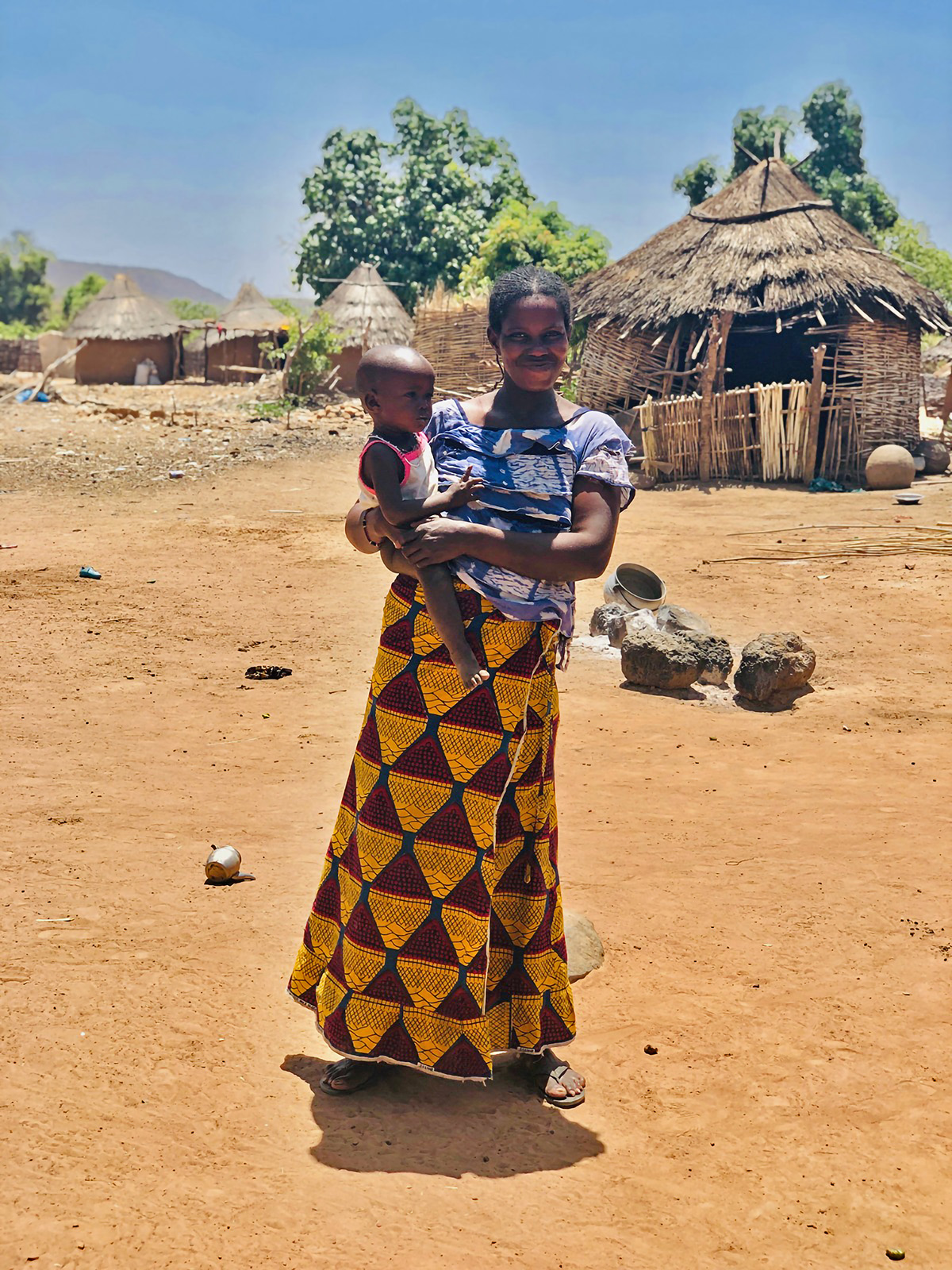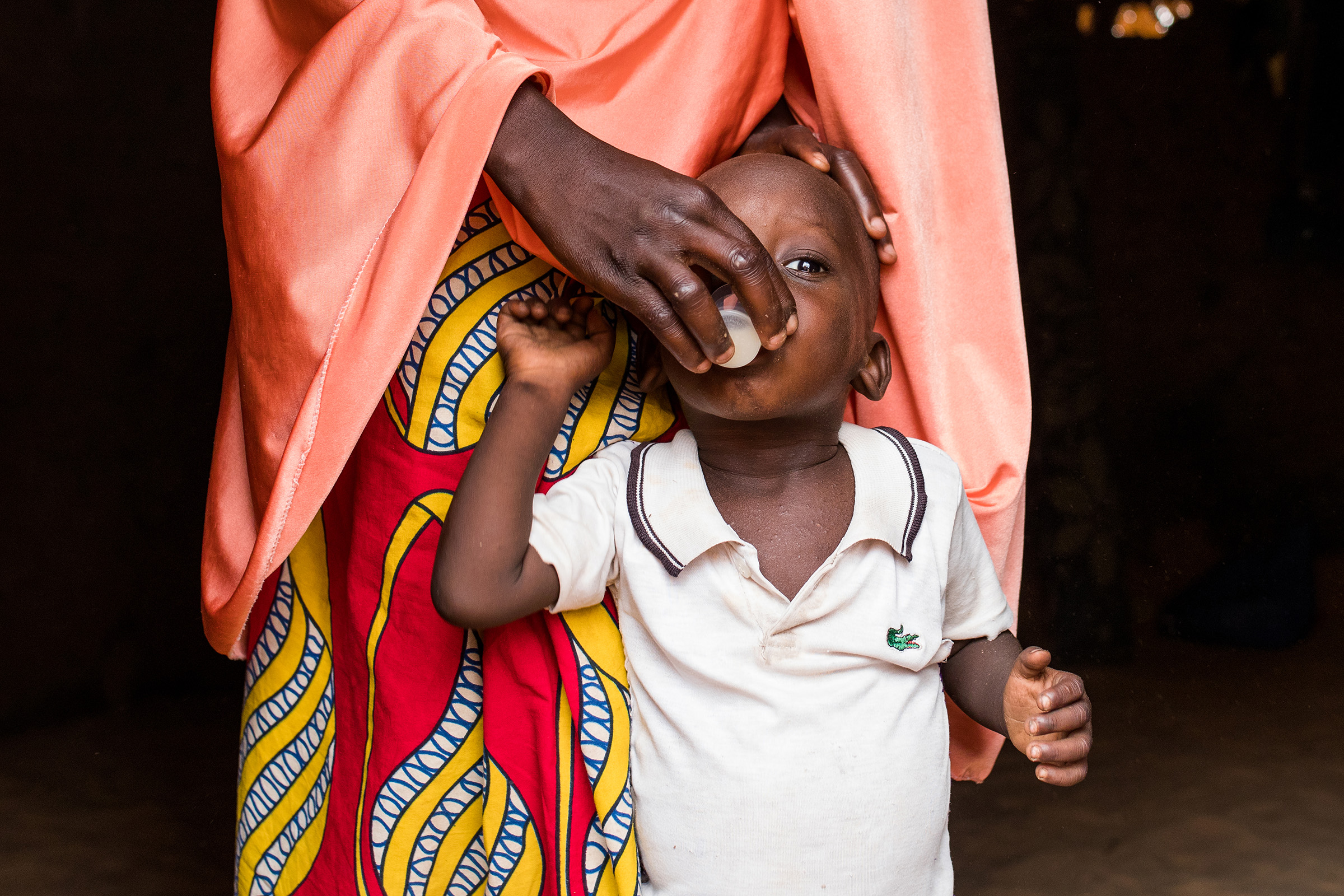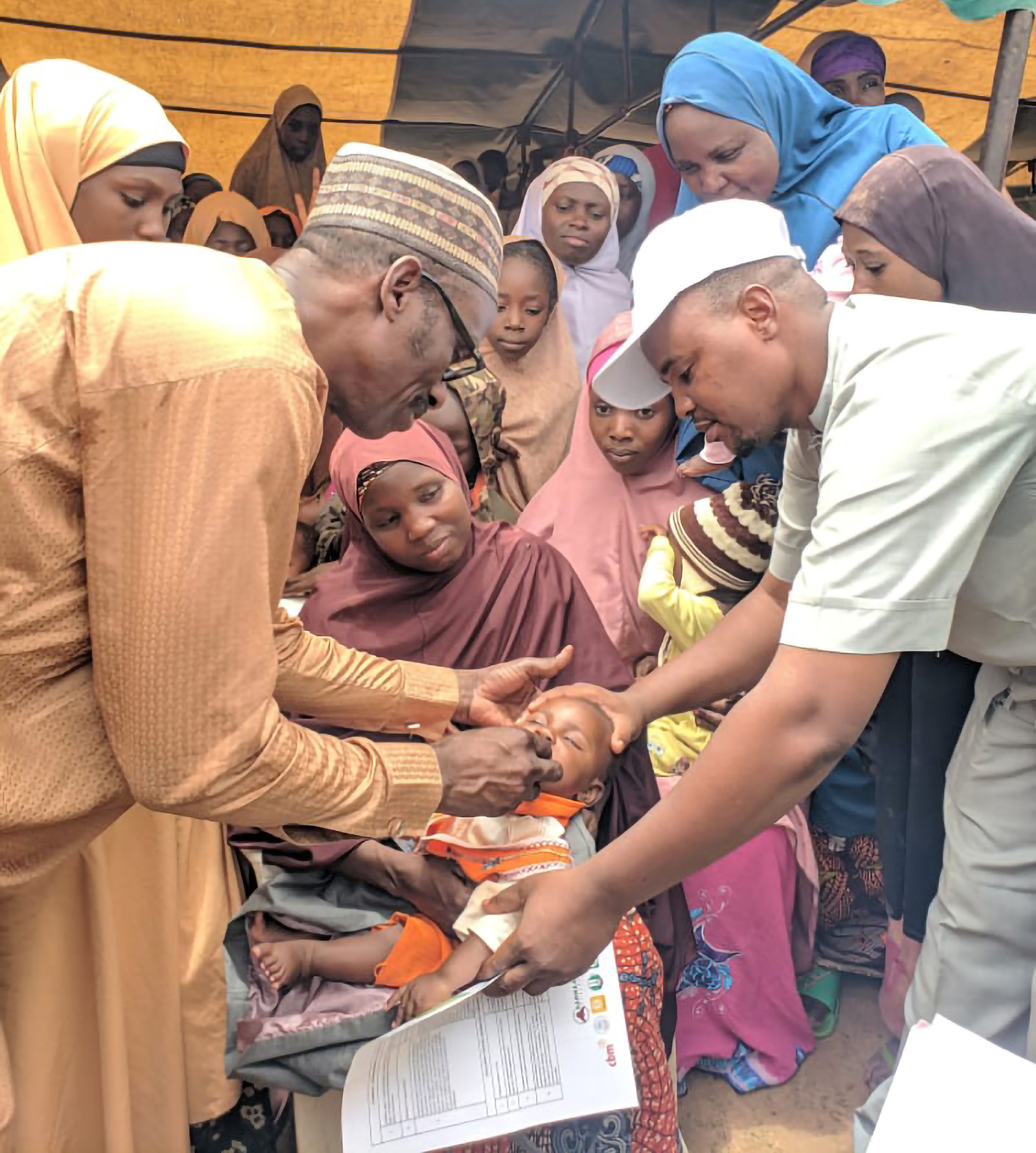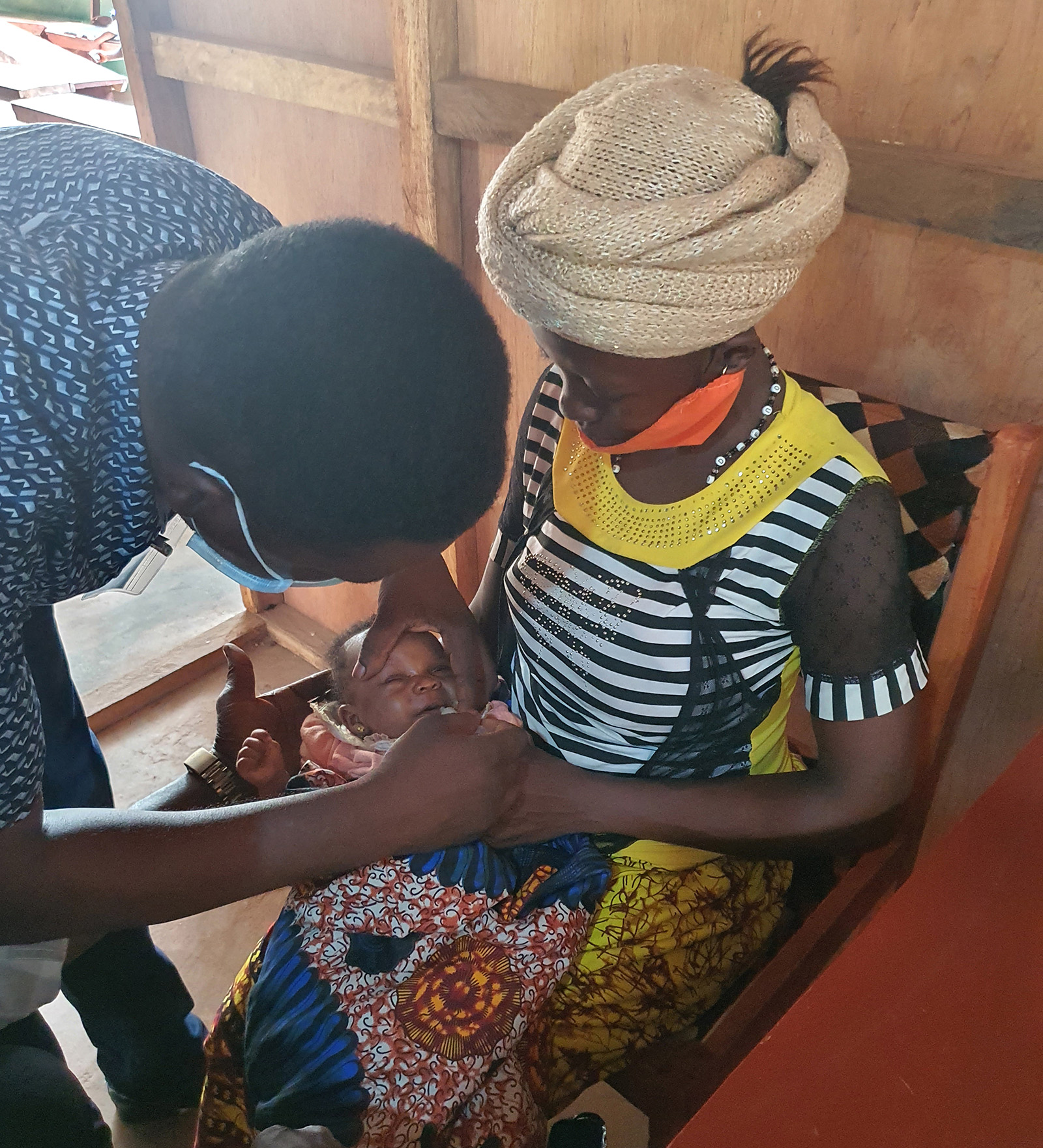Resiliency through Azithromycin for Child Survival
REACH is a regional and international network of researchers, policy makers and public health actors dedicated to reducing child mortality. The REACH network aims to connect participating countries and improve child survival rates through mass administration of the macrolide antibiotic, azithromycin.
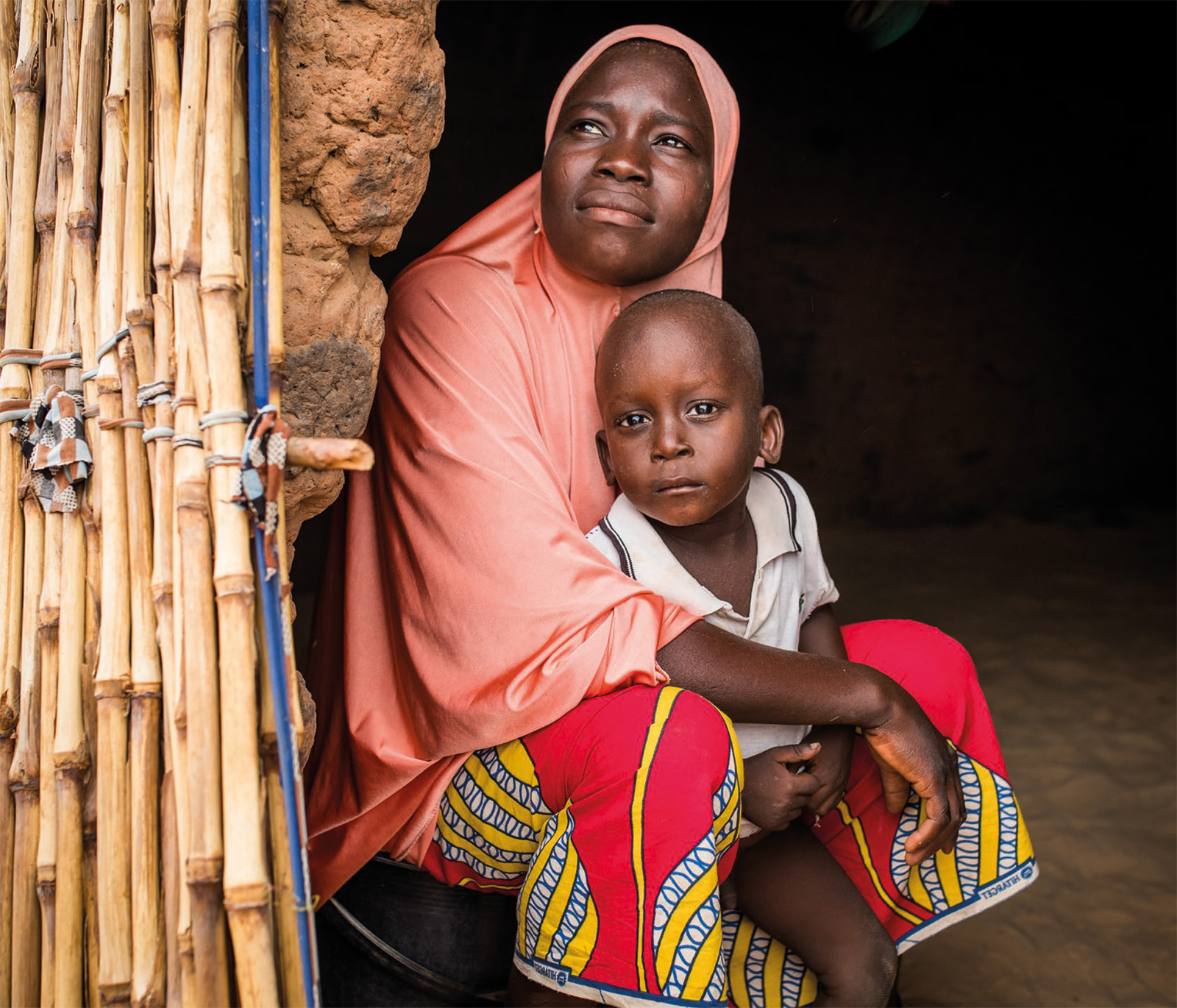
Towards a common goal
The ultimate goal of REACH is to reduce infant mortality rates by administering azithromycin through simple, effective and cost-effective public health interventions.
Saving lives
Mass treatment with azithromycin has significant potential to save lives, rapidly, cost-effectively, and equitably, particularly in high mortality contexts and populations.
Avoiding preventable deaths
This intervention has been lauded as a strategy that could help the world avoid preventable childhood deaths and meet national and global health targets such as Sustainable Development Goal (SDG) 3.
An evidence-based approach
The utility of mass administration (MDA) of azithromycin for reducing under-5 mortality was observed in Ethiopia during a trial to assess the effects of azithromycin MDA on trachoma.
Effectiveness and impact
REACH consists of a series of studies focused on increasing understanding of azithromycin’s effectiveness and impact in reducing child-mortality.
An exploratory approach
The Bill & Melinda Gates Foundation has supported a range of studies across various African settings to assess the safety of community-level azithromycin MDA, exploring various dosing regimens and delivery approaches.
Moving forward together
The REACH Network is now bringing countries together to explore the best ways of implementing this potentially defining child mortality intervention at national, regional and, ultimately, international scale.
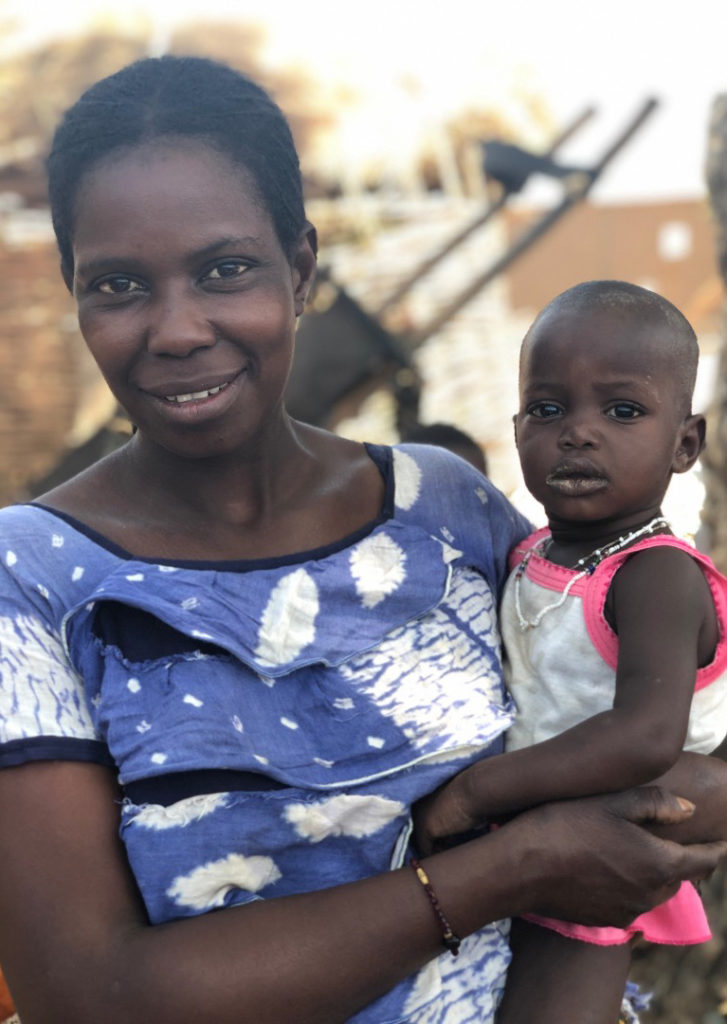
A Network for change
The REACH Network came together around studies carried out in five countries in West Africa – Burkina Faso, Côte d’Ivoire, Mali, Niger and Nigeria. Other countries conducting similar studies, such as Sierra Leone, are also now joining.
The REACH Network is open to all countries interested in researching and/or implementing the mass distribution of azithromycin for child survival, in line with published WHO guidelines.
REACH studies — Overview
REACH studies conducted throughout sub-Saharan Africa are generating crucial evidence about the role azithromycin can play in reducing child mortality.
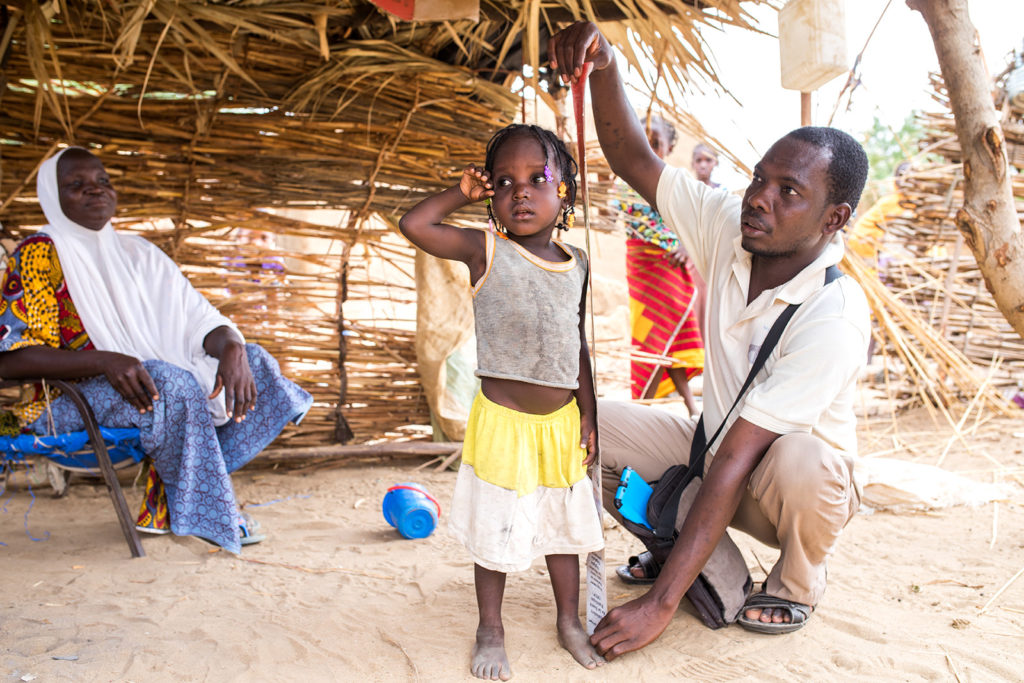
Robust, large-scale studies, carried out by leading researchers in conjunction with national authorities in REACH countries, are producing crucial evidence on the effectiveness and impact of azithromycin for child survival.
Implementation research into factors relating to the possible scale-up of the REACH intervention is helping to answer more practical questions too.
Altogether, this constitutes a significant body of evidence around a novel child health intervention, evidence which may inform global health guidance.
Evidence generated by REACH studies may also inform national health policies and country-level implementation plans, for maximum health gains.
“The REACH programme has the potential to bring about real change, and to dramatically reduce child mortality.”
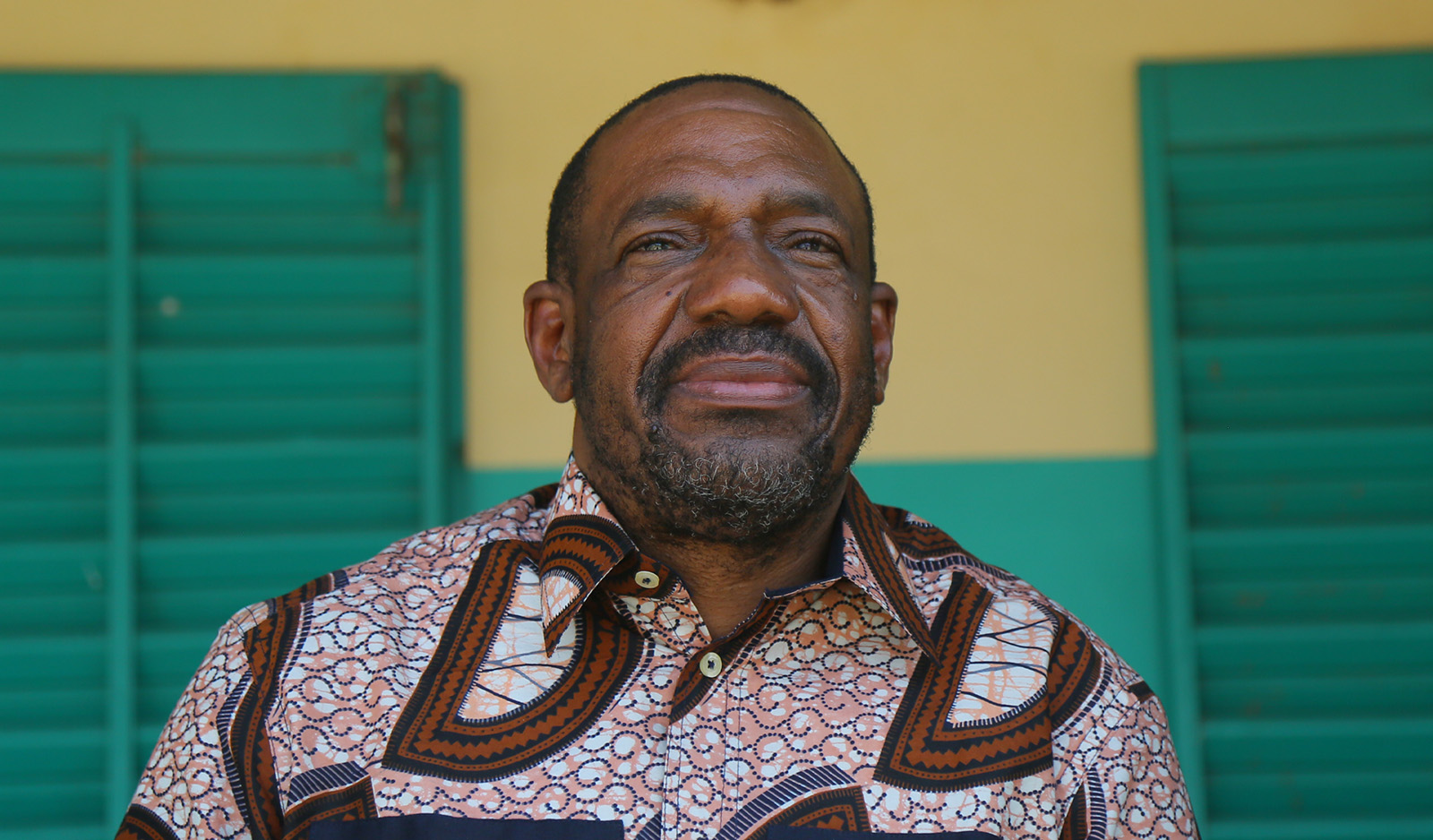
Professor Samba O Sow
Director-General, CVD-Mali
Current REACH studies by country
The following studies are being implemented by REACH researchers, in collaboration with national / governmental agencies, having received all necessary regulatory and ethical approvals from the competent authorities.
Funding
The REACH portfolio of studies is funded by the Bill & Melinda Gates Foundation and operates with the political will and consent of national governments, ministries of health and other relevant national bodies.

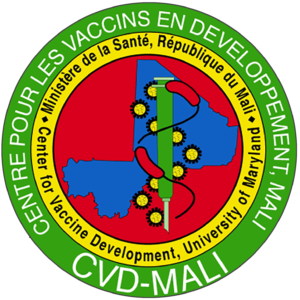
Secretariat
The REACH network is administered, and this website maintained, by CVD-Mali, as part of its member-mandated role as REACH Network secretariat.


